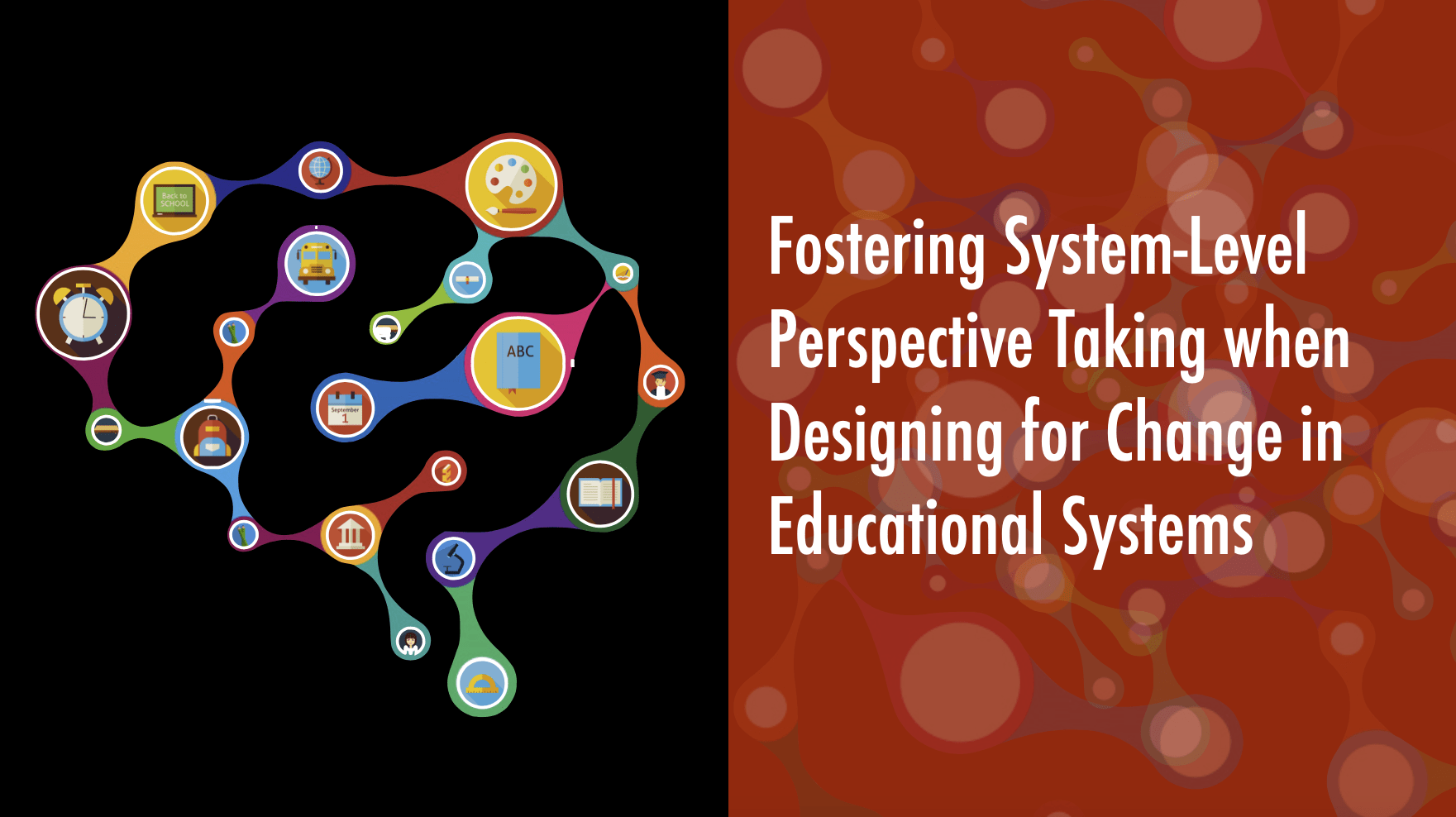Jim Garrison and A. G. Rud have a wonderful article on TCRecord on Reverence in Classroom Teaching. Though, reverence may be “too exalted a word to associate with the practical and often mundane activities of teaching,” it appears to me that ignoring these deeper impulses impoverishes us as individuals and as a society. Framing teaching as being just about imparting skills, and knowledge, aimed at achieving instrumental goals (jobs, career and the like) misses something crucial. As they write:
… although teaching students involves imparting knowledge, it is also a calling with other dimensions beyond the cognitive … It is about the formation of minds, the molding of destinies, the creation of an enduring desire in students not only to know, but also to care for others, appreciate beauty, and much more. In some sense of the word, teaching is a spiritual, although not necessarily religious, activity. When done well, it cultivates human intimacy and allows teachers to find creative self-expression in classroom community.
The authors define reverence as follows:
Reverence is comprehension of human limitation, imperfection, and our appropriate place in the cosmos as a consequence of the humility that arises from feelings of awe, wonder and admiration before something or someone that meets at least one of the following conditions: (1) Something or someone that cannot be changed or controlled by human means; something we are powerless to alter. (2) Something or someone we cannot create. (3) Something we cannot completely understand. (4) Something or someone transcendent; something supernatural.
Though I have not used the word “reverence” in my own writing / thinking I have often said the same thing about the role of the aesthetic in teaching in learning and the need for us to develop a language that allows us to include these dimensions of the human experience in our work. I have some reservations about the word “reverence” – mainly because of the religious connotations which can sometimes lead conversations into directions one may not necessarily want to go. (Though, I must add, that Garrison and Rud, take pains to write that “teaching is a spiritual, although not necessarily religious, activity.”)
Some examples from my previous writing on this blog that allude to similar ideas are provided below.
- A different language
- The one rule of teaching
- Bringing sensory richness to scientific texts
- Teacher as Filmaker
- Translations & Technology: Reflections on French Lieutenant’s Woman
- 2001, 4o years after
I want to end with something I wrote about the movie 2001 A Space Odessey:
2001 is a movie of big ideas: about what it means to be human, what is our relationship to technology, about our place in the cosmos, and our inability to answer some of these questions. 2001, thus, is a profound, deep and thoughtful attempt to use the medium of film to explore these ideas. And the style Kubrick chooses is intensely visual, deliberately paced, with minimal dialog. The first section of the movie has no dialog because there are no thoughts to express and no words to express them with. This is mirrored in the third and final section which has no dialogs because thoughts have far outstripped the ability of words to convey meaning. The section in between, set somewhere in the near future (as the 1960?s would imagine 2001 to be) has words, but even here it is amazing just how few, and ineffectual they are. Humans for the most part seem remote and disconnected from each other and, strangely enough, the most engaging character is the computer HAL!.
As is clear, 2001 is a ambitious movie (some would even say too ambitious). But it does do one thing right – it asks the right questions and tries to come up with an answer. And it does so in an ambiguous manner, allowing for multiple interpretations and readings. And that is its strength. It seeks, through the medium of film, to penetrate a “fundamental disparity between the way we perceive the world, including our own experience in it, and the way things actually are” (Dalai Lama quoted by Eberhart). That this is an effort doomed to failure is neither here nor there. In fact, the last line of dialog in the film speaks to this very possibility of failure: “Its origins and purpose [are] still a total mystery.” In the movie this dialog is about a black monolith – but works as aptly for the universe we live in.
In fact, as I think about it, 2001 is a deeply reverent movie. The question I have is whether we have created similar spaces for reverence in our classrooms? Have we even considered it? Or have we killed the idea with our focus on No Child Left Behind and Race to the Top?




I have to agree that leaving reverence out of the teaching equation for fear of religious implications does both teachers and students an injustice.
I have been out of school for 15 years but still clearly remember the distinct impact that three of my school teachers had on me as an individual. I believe that many good teachers pour their hearts, souls, passion and personalities into their teachings and in the process touch others lives forever.
I learned patience, persistence and respect for others in greater measure from these three individuals than from any other source in my life and am putting these, and probably many other attributes to good use in the real world of living and work.
If nothing else, I believe that teachers should be respected for the vital role they play in shaping young individuals lives and equipping them to deal with the real world. This is not a task that everyone can perform and those who perform this task so diligently should be commended for doing so.
I have not watched the movie 2001 but do believe that society is often disconnected to the extent that we take things for granted without taking the time to appreciate the work that goes into getting things done. Maybe just shifting towards taking time to smell the roses will go a long way towards allowing us to appreciate things again, such as the great role that teachers often play in educating our children and equipping them to deal with the greater world out there.
My school experience was a pleasant one and your post really took me nostalgically down memory lane. Thank-you for these often overlooked and thought-provoking questions.